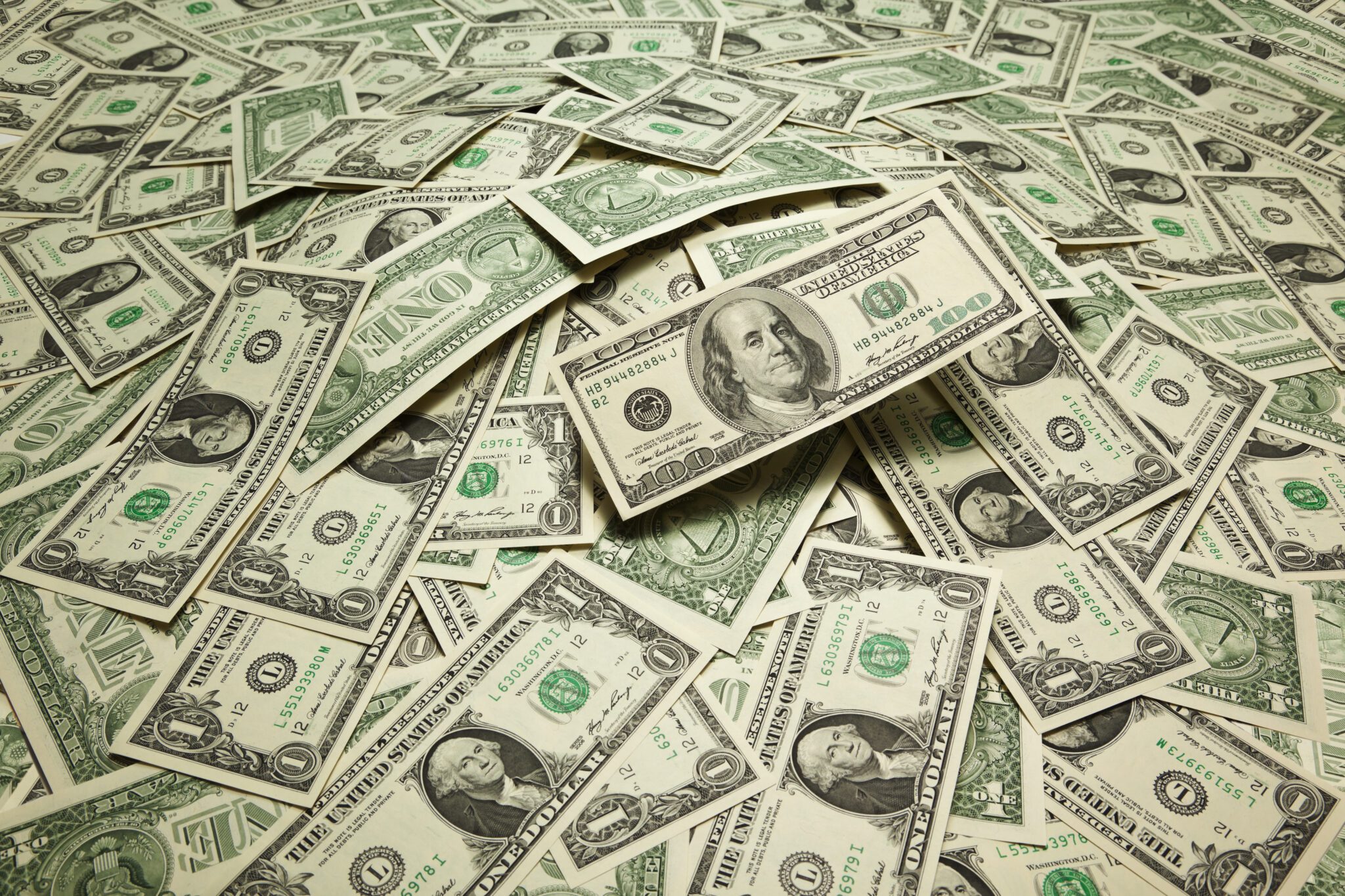Skift Take
Travel companies have steadfastly denied they mislead consumers regarding their pricing, but their claims have long fallen on deaf ears from travelers. Here's a look at what some travelers and travel brands have said about so-called junk fees.
The Federal Trade Commission took another step in the Biden administration’s ongoing battle against junk fees by unveiling a proposed rule that would ban businesses from levying misleading charges.
The agency released a 161-page document with explanation of the proposal and information about the impact of junk fees. The document also includes some of the 12,000 comments from the public and the industry. The FTC announced in October 2022 it was considering a rule to crack down down on junk fees and was requesting input.
The junk fee rule isn’t final yet. Next comes a 60-day public comment period after which the FTC will determine any changes, an agency spokesperson told Skift. Then the Commission would vote on a final rule.
Comments appearing in the footnotes summarize junk fees have impacted travelers. The travel industry also weighed in.
What Consumers Said About Junk Fees
- “[Y]ou have hotels around the country that are now adding in destination fees, resort fees, etc. Not only are these hidden, they also add these fees to ‘free’ night stays.”
- “Vacation accommodation platforms are becoming increasingly misleading with the listed price on the initial search nearly doubling by the time you reach checkout for fees that, by explanation, dont [sic] seem to differ from you are already paying for; ‘destination fee’ and ‘property service fee.'”
- “[O]nce I reach checkout, the price has been increased by 78% to $853.10. This makes it impossible to search by cost because these final hidden fees differ between accommodations and are not clearly explained why they exist in the first place.”
- “Hotel ‘Resort Fees’ = When comparing prices online, calling, etc. — if a hotel subtracts a fraction of the true cost and hides it in the back end (fees), it suddenly looks a lot more affordable in reservations searches.”
- “Hotel hidden fees are insidious. They allow hotels to ‘compete’ with seemingly low rates, then use fees to increase the actual amount paid after you’ve already booked. . . . This results in significant increase in consumer burden to avoid fees or eat the additional cost, and stifles competition and innovation.”
- “Homes often ask you to clean before you go but then add several hundred dollars in cleaning fees.”
What the Industry Said About Junk Fees
- The American Hotel and Lodging Association (“AHLA”) stated that resort fees at hotel properties provide guests with value that includes various goods and services
- AHLA stated “[t]he hotel industry embraces a competitive business model that is driven by transparency and customer satisfaction” and that hotels “disclose resort and amenity fees at or before the time of booking.”
- The Travel Technology Association (Travel Tech) stated that its members “publish, disclose and share … rates, terms, and fee” provided to them by accommodation suppliers and other travel service providers “in a clear and conspicuous manner … prior to consumers completing their bookings.”
The Daily Newsletter
Our daily coverage of the global travel industry. Written by editors and analysts from across Skift’s brands.
Have a confidential tip for Skift? Get in touch
Photo credit: Junk fees are a contentious issue in the travel industry. Yuji Sakai / Getty Images
